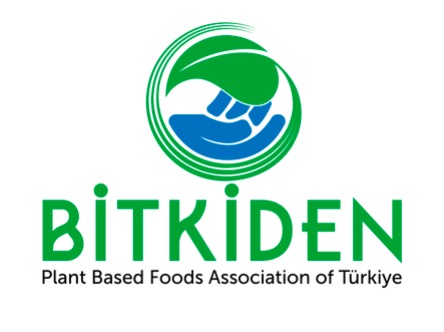PRODUCTS MAY BE AFFECTED EVEN DURING STORAGE OR TRANSPORTATION
Akdağ said, “The European Union, in particular, has strict food safety standards. The Turkish Food Codex Regulation on Maximum Residue Limits for Pesticides, which also exists in our country, was prepared based on the European Union model. However, there may be differences. If the maximum residue limits of pesticides used in products exceed the legal limits set by the relevant country, if the pesticide used is banned in the countries to which the product is exported, if the analyses performed are not compatible with the standards of the exporting country, if their reliability varies, or if cross-contamination occurs during storage or transport due to wind, water, etc. can lead to higher than normal pesticide residues and the return of products.”
IF THERE IS A HEALTH RISK…
Akdağ added that, in addition to this, products that could pose a high level of health risk to humans and exceed the contaminant limits set by the relevant countries are also returned. He continued: “In our country, these contaminants are controlled in the domestic market in line with the EU, through the Turkish Food Codex Contaminants Regulation. If exceeded, they are announced daily on the Ministry of Agriculture and Forestry’s website.”
WHAT IS THE PURPOSE OF PESTICIDES?
Pesticides are chemical compounds used to kill pests, including insects, rodents, fungi, and unwanted plants (weeds). Akdağ, who says that more than 1,000 different pesticides are used worldwide, said, “According to the World Health Organisation, pesticides are used in public health to kill disease vectors such as mosquitoes and in agriculture to kill pests that damage crops. Plants must compete with 30,000 species of weeds, 3,000 species of worms and 10,000 species of plant-eating insects. The threats do not stop once the crops are out of the field; insects, moulds and rodents can cause damage in storage. Pesticides can extend the shelf life of crops and prevent post-harvest losses,” he said.
HIGH PESTICIDE INTAKE LEADS TO DISEASES SUCH AS CANCER AND PARKINSON’S
Emphasising that high levels of pesticide intake cause various health problems, Food Engineer Akdağ continued: “High levels of pesticide intake can cause symptoms such as nausea, dizziness, muscle spasms and respiratory problems. Chronic, long-term exposure, even at low levels, can lead to serious health problems such as cancer, hormonal disorders, neurological diseases (e.g. Parkinson’s) and a weakened immune system.”
AFLATOXIN: CLASS I CARCINOGEN
Aflatoxin is found in spices, nuts and dried fruits. Noting that aflatoxin is a toxic substance produced by various moulds, Akdağ said, “It can be found in nuts such as pistachios, corn, figs, hazelnuts, peanuts and almonds, which grow in particularly hot and humid environments. Aflatoxin is directly linked to liver cancer. It has been classified as a “Class 1 carcinogen” by the World Health Organisation,” he said.
WHAT HAPPENS TO THESE PRODUCTS RETURNED TO TURKEY?
Stating that products are destroyed if the relevant limits are exceeded according to the Veterinary Services, Plant Health and Feed Law No. 5996, Akdağ said, “Products returned from export are subject to an official control process by the Ministry, taking into account the reasons. In line with the request of the customs directorate, the necessary inspections are carried out by the provincial agriculture and forestry directorates. Within the scope of these inspections, it is checked whether the returned product is the same as the exported product. In addition, the products are examined in detail for problems such as spoilage, mould or insect infestation. As a result of the inspections, products that are found to be non-compliant with the legislation are absolutely not allowed to enter the country, be sent to another country or be evaluated in alternative ways, and such products are destroyed.”
https://www.haberturk.com/gidalarda-pestisit-alarmi-dso-birinci-sinif-kanserojen-haberler-3747187?page=8

